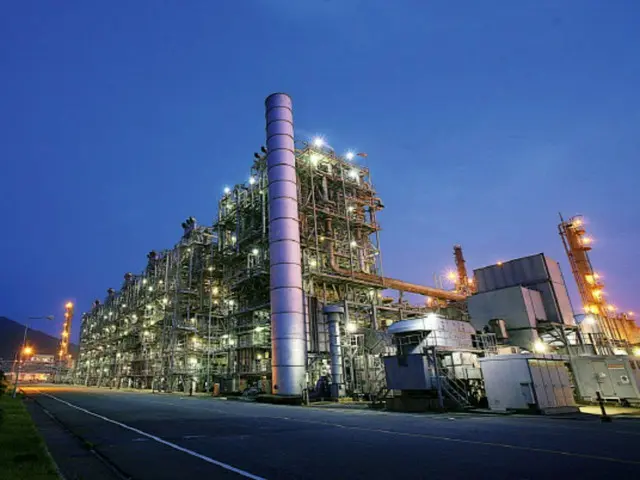Mobility) announced that it is proceeding with the establishment of a hydrogenated vegetable oil (HVO) factory at its Daesan plant in Chungcheongnam-do. HVO is waste vegetable oil
It is a next-generation biofuel produced by adding hydrogen to plant-based raw materials such as In February, the two companies signed an agreement to establish an HVO factory, and are currently conducting technical studies and economic evaluations together.
ing. After that, the company aims to establish an HVO plant with an annual capacity of approximately 300,000 tons by 2026. This is the first time that an HVO factory that can produce everything from raw materials to finished products will be built in South Korea.
. The global HVO market is expected to grow at a high average annual growth rate of 20%, from 9.7 million tons in 2021 to 40 million tons in 2030.
Once the joint venture factory is completed, LG Chem will be able to move forward with in-house production of HVO, as well as produce bio-absorbent resin (Bio-SAP), ABS resin, and polyethylene.
It will be possible to receive supplies of raw materials used in things such as vinyl chloride (PVC). On the other hand, EniSM is leveraging its European HVO production base, raw material supply network, and global sales network to
You can enter the market. Furthermore, by establishing a factory in South Korea, it will be possible to increase HVO's production capacity.
2023/09/15 10:22 KST
Copyrights(C) Edaily wowkorea.jp 101

